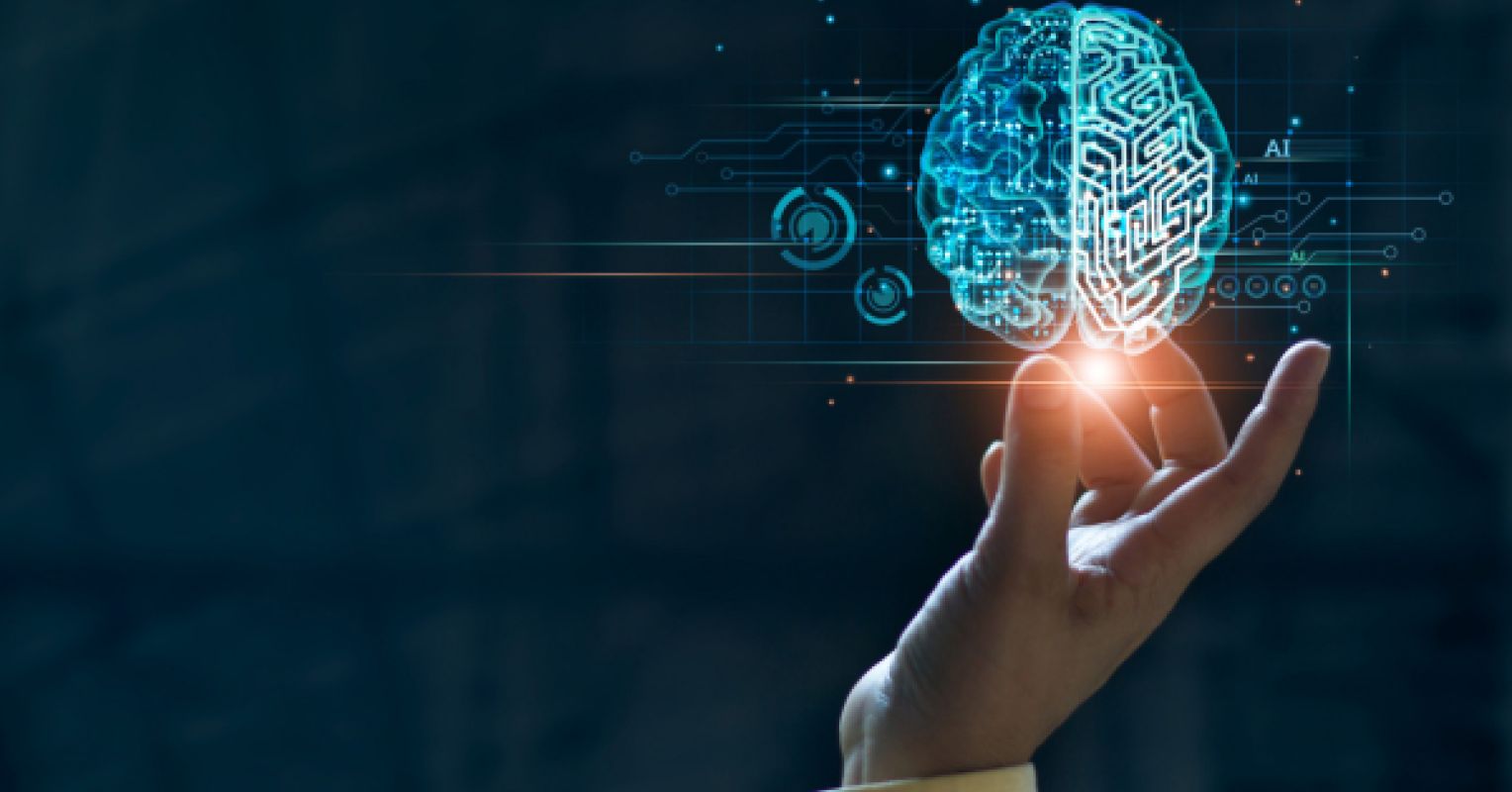In the 14 months following the introduction of ChatGPT in November 2022, the discourse surrounding generative AI has been intense, with numerous critics warning about the potential negative impacts on critical thinking, education, and even society as a whole. While these concerns hold some validity, the situation is not entirely bleak. In reality, the outcomes often fall somewhere between the extreme scenarios envisioned.
During the recent World Economic Forum gathering in Davos, Switzerland, a group of experts and educational authorities presented a contrasting viewpoint. They argued that the rise of AI could actually bolster education if we proactively adapt to the necessary changes. AI, unlike humans, lacks certain cognitive biases that can hinder critical thinking. Its algorithmic nature, while not flawless, can complement human reasoning effectively.
A study by the Center for Countering Digital Hate revealed that AI can generate misinformation in 78 percent of cases—but only when specifically instructed to do so. The key distinction lies in how AI is directed and the quality of the input data. By utilizing verified information sources and implementing robust oversight mechanisms, AI can serve as a valuable asset rather than a liability.
The Davos forum emphasized the importance of a refined and secure AI framework, highlighting its potential benefits in addressing challenges like climate change and enhancing educational practices. The consensus among education experts was that future teaching methodologies should prioritize traditional skills such as discerning truth from falsehood, engaging in meaningful dialogues, and fostering critical thinking. AI, they suggested, could play a pivotal role in stimulating creativity and intellectual growth.
Industry leaders like Jeffrey Tarr from Skillsoft and Hadi Partovi from Code.org underscored the evolving nature of education and the necessity of cultivating digital literacy skills, including the ability to identify biases and evaluate information critically. These skills are not only relevant in the pre-AI era but are increasingly vital in a technology-driven educational landscape.
The discussion around AI’s impact on education prompts a reevaluation of the essential role of critical thinking in navigating a world inundated with information—both accurate and misleading. Strengthening critical thinking abilities is crucial for discerning truth amidst a sea of misinformation, especially as global risks related to misinformation and disinformation continue to escalate.
Looking ahead, AI holds promise not only in combatting propaganda and misinformation but also in fortifying individuals against cognitive biases and enhancing their analytical skills. By challenging conventional viewpoints, fostering diverse perspectives, and encouraging critical discourse, AI can potentially serve as a valuable educational tool in promoting intellectual resilience and combating societal risks.
As the educational landscape evolves in tandem with technological advancements, the focus should shift towards equipping individuals with the necessary skills to thrive in a rapidly changing environment. By leveraging AI responsibly and emphasizing the development of critical thinking capabilities, educators can empower learners to navigate the complexities of the digital age effectively.










